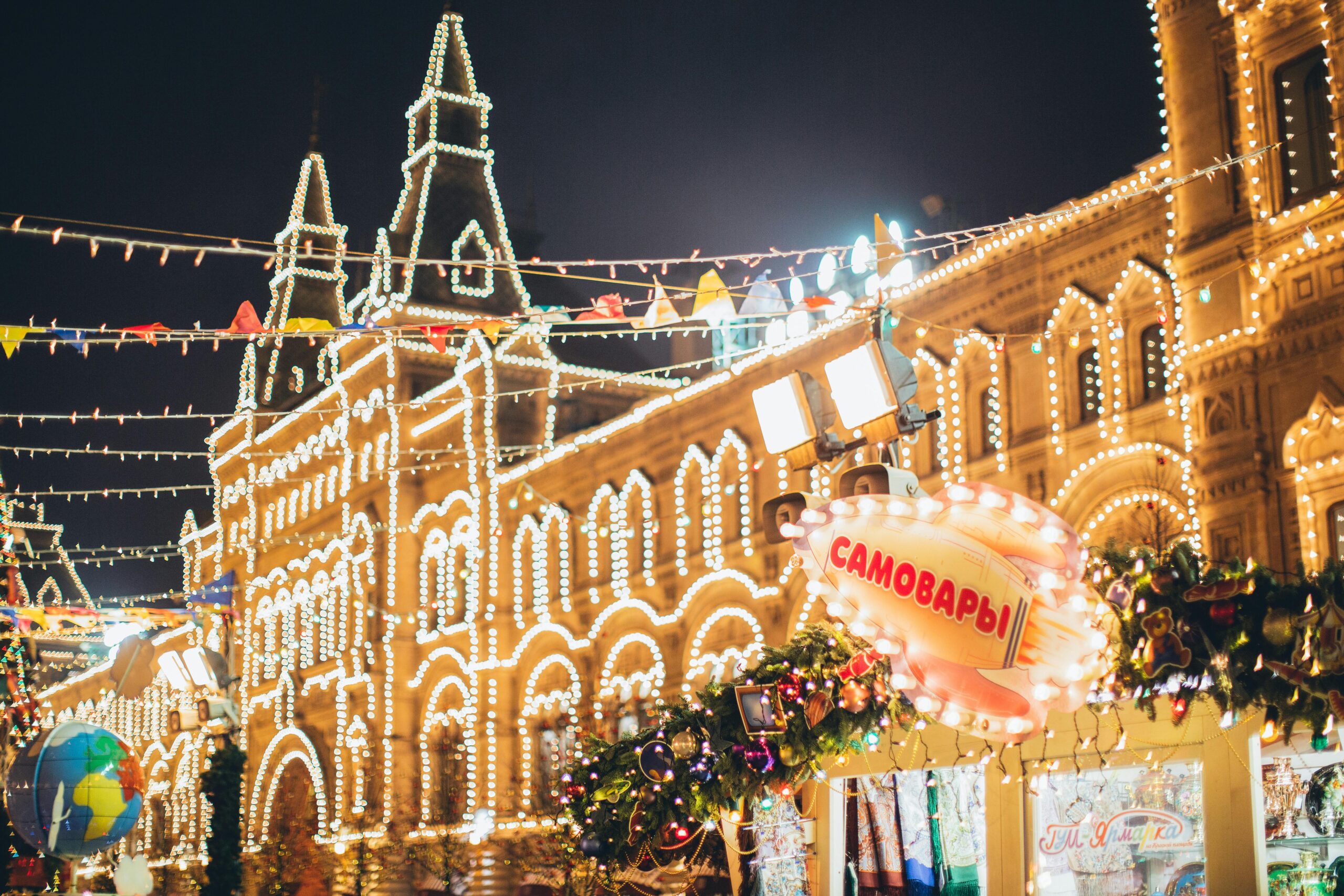Christmas, with its twinkling lights, festive decorations, and joyful celebrations, is a holiday enjoyed by millions around the world. Yet, its origins are far more ancient and varied than many realize. While the modern Christmas celebration is deeply intertwined with Christian traditions, its roots can be traced back to pre-Christian winter festivals.
In ancient times, communities across Europe celebrated the winter solstice, the shortest day of the year, with feasting, music, and rituals aimed at ushering in the return of light and warmth. These early festivities, such as Saturnalia in Rome and Yule in Germanic cultures, laid the groundwork for many of the customs we now associate with Christmas.
With the spread of Christianity, these ancient traditions were gradually incorporated into Christian celebrations, providing a familiar framework for the growing Christian community. December 25th was chosen as the date to celebrate to coincide with existing festivals, making it easier for early Christians to integrate into Roman society.
Over the centuries, Christmas continued to evolve, absorbing influences from various cultures and historical periods. The Christmas tree, for example, originated in Germany and became popularized by Queen Victoria and Prince Albert in the 19th century. Similarly, the tradition of hanging stockings by the fireplace is believed to have originated from the story of Saint Nicholas.
Today, Christmas is celebrated in diverse ways around the world, blending religious observance with secular customs. Whether it’s attending midnight mass, singing carols, or exchanging gifts with loved ones, the spirit of Christmas transcends cultural and religious boundaries, uniting people in joy and goodwill.
In essence, Christmas is a testament to the enduring power of tradition and the resilience of the human spirit.
As we gather with family and friends to celebrate this special time of year, let us reflect on the rich tapestry of history that has shaped the holiday we know and love today.

